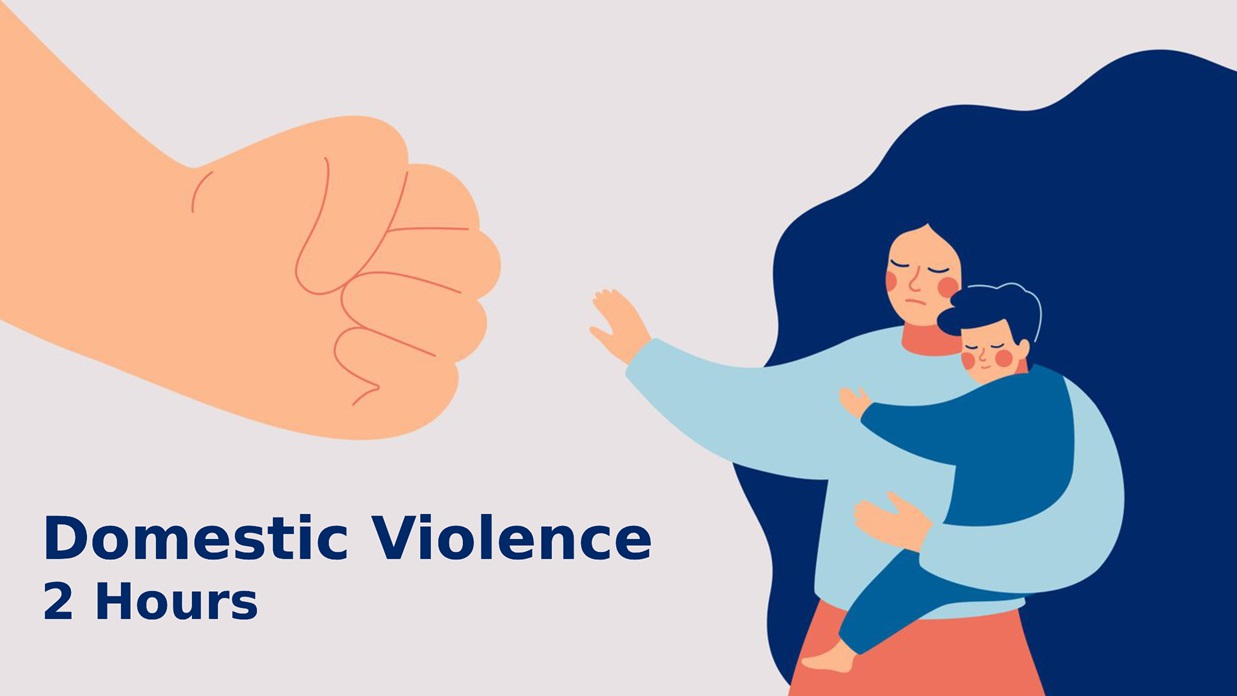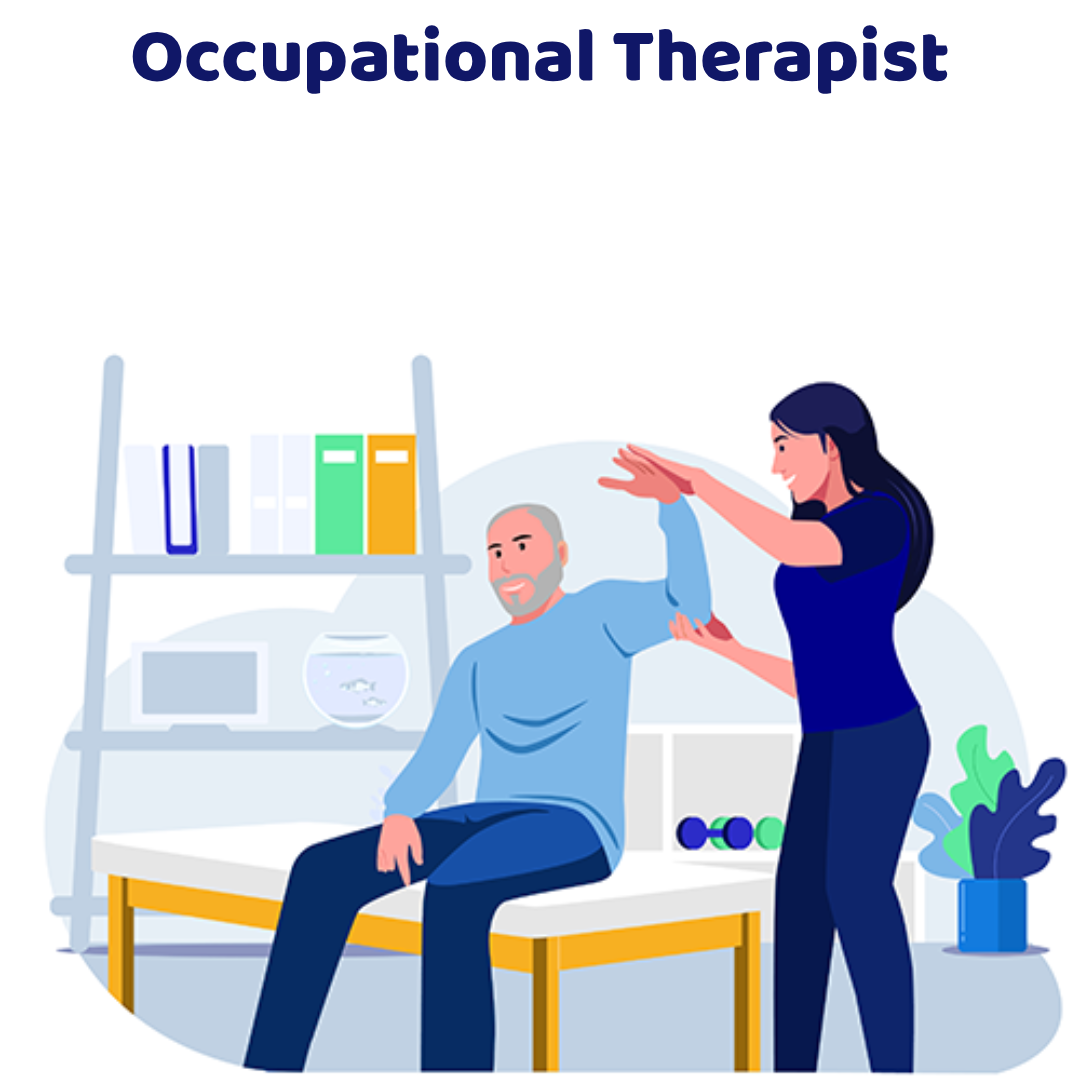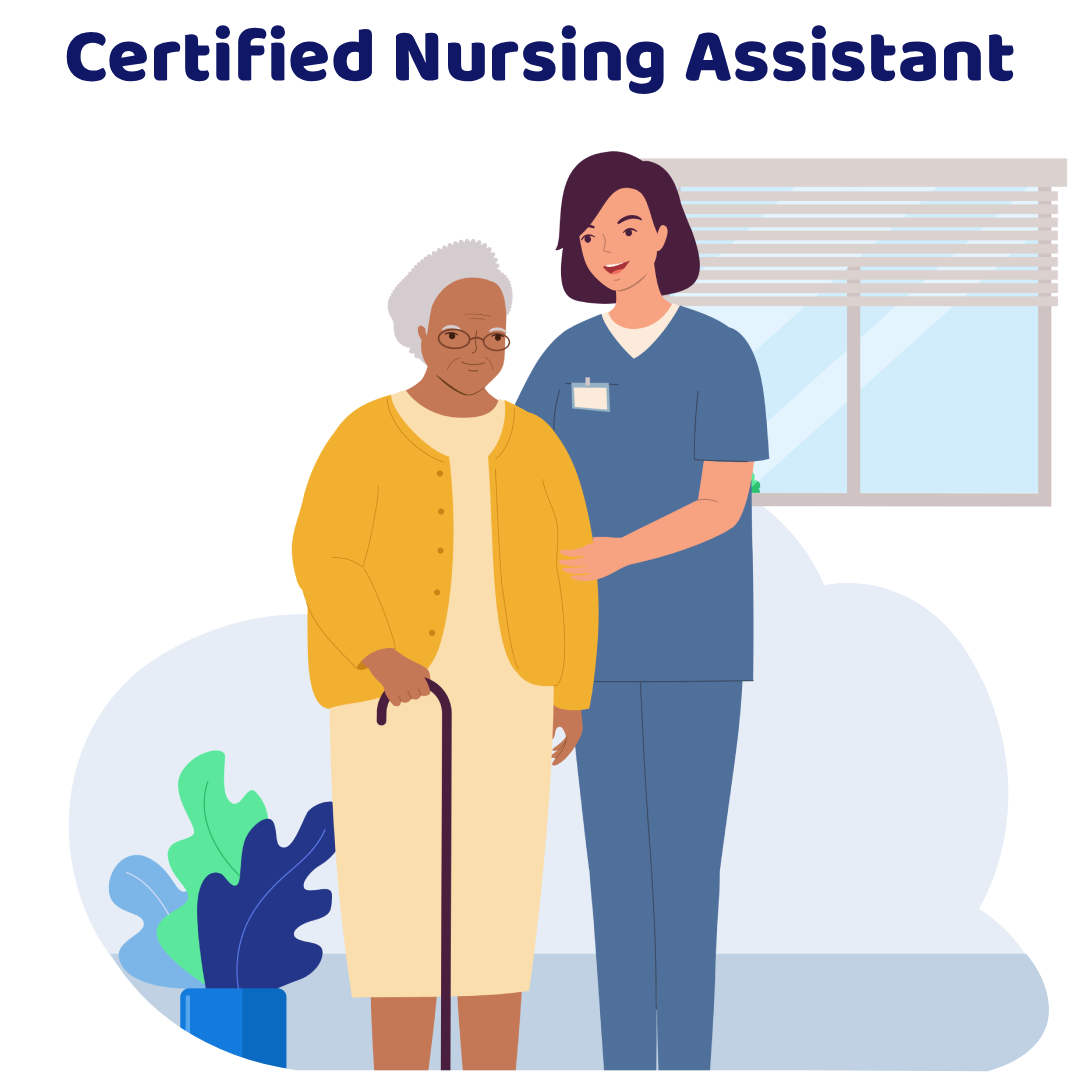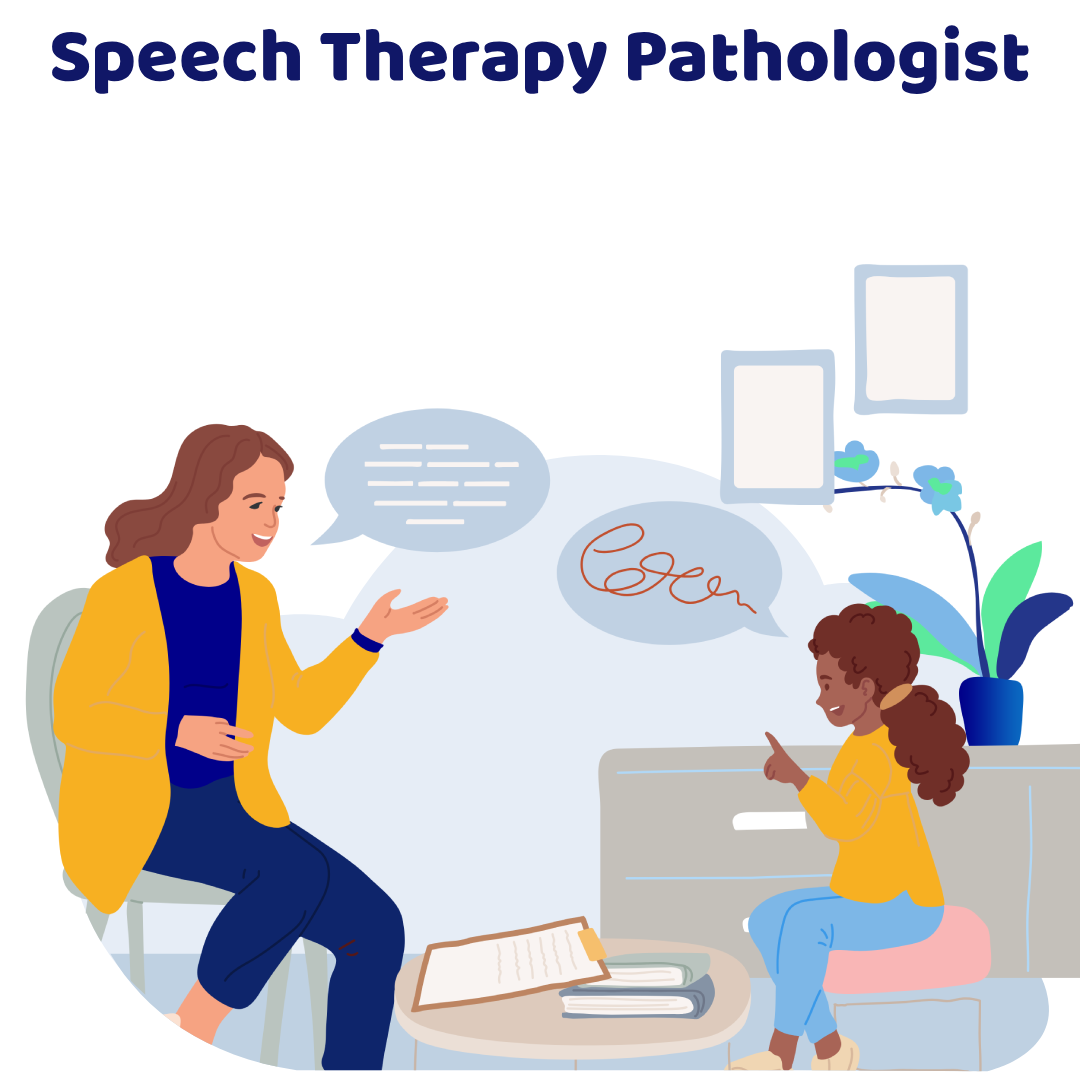Domestic Violence and Child Abuse
Tracking # 20-1316567
Category:
Click the board buttons to see the category.
Program Objectives:
- Increase Awareness: Raise awareness among therapists about the prevalence, dynamics, and impact of domestic violence and child abuse in Florida.
- Enhance Understanding: Improve therapists' understanding of the various forms of domestic violence, including physical, emotional, psychological, sexual, and financial abuse.
- Debunk Myths: Debunk common myths and misconceptions surrounding domestic violence, fostering a more accurate understanding among therapists.
- Legal Compliance: Apply state-mandated reporting laws and trauma-informed communication strategies to protect children and non-offending caregivers.
- Trauma-Informed Care: Introduce therapists to trauma-informed care principles and techniques to effectively support survivors of domestic violence in therapeutic settings.
- Empowerment Approach: Equip therapists with skills and strategies to empower survivors through safety planning, validation of experiences, and fostering autonomy in decision-making.
- Cultural Competence: Enhance therapists' cultural competence to provide sensitive and inclusive care to survivors from diverse backgrounds, including ethnic, racial, cultural, and LGBTQ+ communities.
- Interdisciplinary Collaboration: Promote collaboration and communication among therapists, law enforcement, social services, and other stakeholders to ensure a coordinated response to domestic violence cases.
- Resource Awareness: Familiarize therapists with local and national resources, helplines, and support organizations available to individuals affected by domestic violence for referral purposes.
- Prevention Strategies: Provide therapists with knowledge and skills to recognize early warning signs of domestic violence and implement preventive measures in their practice.
- Ethical Guidelines: Reinforce adherence to ethical guidelines set by professional organizations, such as the American Occupational Therapy Association (AOTA) and the American Physical Therapy Association (APTA), in working with survivors of domestic violence.
- Documentation and Reporting: Train therapists on proper documentation and reporting procedures for domestic violence cases, emphasizing accuracy, confidentiality, and timeliness.
- Safety Planning: Educate therapists on how to collaborate with survivors to develop personalized safety plans tailored to their unique situations and needs.
- Intervention Techniques: Introduce evidence-based counseling and intervention techniques for both survivors and perpetrators, focusing on empowerment, accountability, and prevention.
- Ongoing Support: Provide ongoing support and resources for therapists to continue their education and professional development in the field of domestic violence intervention and prevention.
- Recognizing Child Abuse: Educate therapists on the signs and symptoms of child abuse, its different forms (physical, emotional, sexual, and neglect), and how to identify potential risk factors in families affected by domestic violence.
- Legal Responsibilities in Child Abuse Reporting: Ensure therapists understand their legal obligations in Florida regarding the mandatory reporting of suspected child abuse, aligning with state laws and professional ethical standards.
- Trauma-Informed Care for Children: Equip therapists with trauma-informed strategies specific to children who have experienced or witnessed domestic violence, promoting effective therapeutic support.
- Collaborating with Child Protective Services: Highlight the importance of interdisciplinary collaboration between therapists, child protective services, law enforcement, and other stakeholders to ensure the safety and well-being of children.
- Child Safety Planning: Teach therapists how to develop safety plans tailored to the needs of children who are at risk or have been exposed to domestic violence and child abuse.
Course Overview:
These program objectives aim to equip healthcare professionals with the knowledge, skills, and resources necessary to effectively recognize, address, and prevent domestic violence, with a focus on situations in which children are present, whether they are the direct targets of abuse or neglect, or witnesses to violence between caregivers




